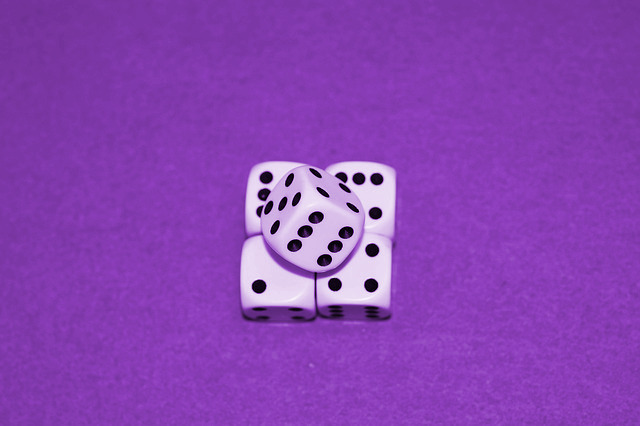Who is Who Andreu Benito
Since he checked instead, the chances are good he has a calling hand, and when I bet out on a bluff, he’s likely to call, even if he thinks he’s a small underdog. So in situations on the end where your hand can’t win by checking but where you have reason to believe your opponent may be weak, a bluff in first position is more likely to succeed than a bluff in second position.

It is rarely correct to try to bluff out two or more people when all the cards are out; your chances of success decrease geometrically with each additional player in the pot. Paradoxically you might have a profitable bluffing opportunity against each of two opponents individually, but not against both of them as a group.
Suppose, for example, you are heads-up on the end in a $10-$20 game. In most games with tough players, I’ve found it easier to bluff if I’m first than if I’m second and my opponent has checked. There are two reasons for this. If my opponent has checked to me, he knows he has shown weakness with his check, and when I bet, he suspects I am trying to take advantage of his weakness. So he’s likely to call with any kind of hand.

